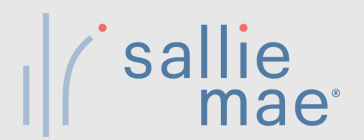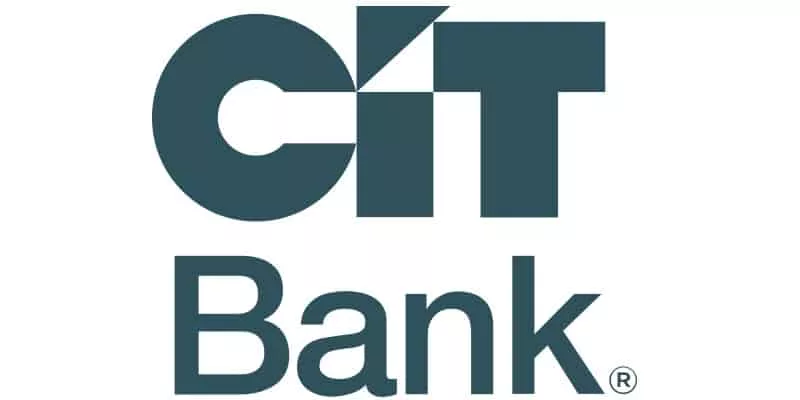The best CD rates for June 2025 are 4.00% APY and higher, starkly contrasting the national average of 1.75% APY for one-year CDs. If you were to open a CD with $25,000 earning 1.75%, by the end of 1 year the total interest earned is $441.00.
Compare that to earning 4.00%:
Initial Deposit
$25,000
Interest Earned on 4.00%
$1,018
12-Month CD
4.00% APY
Best CD rates for June 2025 (1 year term)
Minimum Deposit
$2,500
Rates
4.10% APY
Features
No monthly service fee.
Minimum Deposit
$1,000
Rates
3.50% APY
Features
No monthly service fee.
Minimum Deposit
$500
Rates
3.25% APY
Features
No monthly service fee.
Minimum Deposit
$1
Rates
3.87% APY
Features
Powered by Raisin*
How to choose the best CD
Choosing the best certificate of deposit (CD) can be a great way to save money for a big purchase or for retirement. Here are some factors to consider when choosing a CD:
Interest rate. The interest rate is the most important factor to consider when choosing a CD. The higher the interest rate, the more money you will earn on your investment. Compare interest rates from different banks to find the best deal.
Term. The term of a CD is the length of time that you will lock up your money. CDs are available in a variety of terms, ranging from a few months to several years. Choose a term that you are comfortable with and that coincides with your savings goal.
Early withdrawal penalties. If you withdraw your money from a CD before the maturity date, you will be charged an early withdrawal penalty. This penalty can be significant, so it is important to make sure that you will not need to access your money before the CD matures.
FDIC insurance. Make sure that the bank you choose is insured by the FDIC. This will protect your money in the event that the bank fails.
Minimum deposit. The minimum deposit is the amount of money that you need to open a CD. Some banks have no minimum deposit requirement, while others require a minimum deposit of $500 or more. Choose a bank that has a minimum deposit requirement that you can afford.
Types of CDs
Just like there are different types of bank accounts, there are different types of CDs. The best type of CD depends on your individual needs and goals. When choosing a CD consider your time horizon, your risk tolerance, and your need for flexibility when making your decision.
Here are the most common types of CDs:
1. Traditional CDs
Traditional CDs offer a fixed interest rate for the entire term, which means that you know exactly how much money you will earn when the CD matures. However, you will be charged an early withdrawal penalty if you withdraw your money before the maturity date. Traditional CDs are a good option for long-term savings goals.
- Pros: Fixed interest rate, low risk, FDIC insured
- Cons: Early withdrawal penalties, lower flexibility
2. No-penalty CDs
No-penalty CDs also offer a fixed interest rate for the entire term, but you will not be charged an early withdrawal penalty. This makes them a good option for short-term savings goals or emergency funds. However, no-penalty CDs typically have lower interest rates than traditional CDs. But there are exceptions where several banks like those featured on the Raisin platform, where you can find high-yield CDs, often 5.00% APY or above, with no early withdrawal penalty.
- Pros: No early withdrawal penalties, higher flexibility than traditional CDs
- Cons: Lower interest rates than traditional CDs
3. Bump-up CDs
Bump-up CDs allow you to increase your interest rate once or twice during the term. This makes them a good option for moderate-term savings goals or investors who want the potential to increase their interest rate. However, bump-up CDs typically have lower initial interest rates than traditional CDs.
- Pros: Potential to increase interest rate, moderate flexibility
- Cons: Lower initial interest rates than traditional CDs, limited number of interest rate bumps90
Benefits of Certificate of Deposits
Certificates of deposit (CDs) can be a good option for saving money for a big purchase, especially if you have a specific savings goal and a set time frame for making the purchase. CDs offer a number of advantages, including:
- Guaranteed returns – Unlike stocks or bonds, CDs offer a guaranteed return on your investment. This means that you know exactly how much money you will earn when the CD matures.
- Low risk – CDs are considered to be a very low-risk investment. This is because they are insured by the Federal Deposit Insurance Corporation (FDIC) up to $250,000 per depositor.
- Flexible terms – CDs are available in a variety of terms, ranging from a few months to several years. This means that you can choose a CD that has a maturity date that coincides with your savings goal.
Best alternative to CDs
CDs give most savers the best bang for their bucks when it comes to earning interest; however, depending on the type of CD, your money is locked up for a particular amount of time.
Traditional CDs are not liquid, meaning that you cannot withdraw your money before the maturity date without incurring an early withdrawal penalty. This penalty can be significant, so it is important to make sure that you will not need to access your money before the CD matures.
A high-yield savings account offers unparalleled flexibility, allowing you to withdraw money at any time without incurring a penalty. While some savings accounts may charge a fee for exceeding a certain number of withdrawals in a monthly statement cycle under Regulation D, these instances are typically less severe compared to the strict withdrawal restrictions of CDs.


















